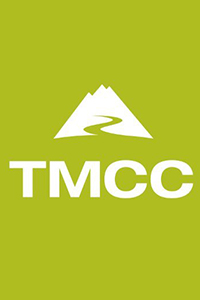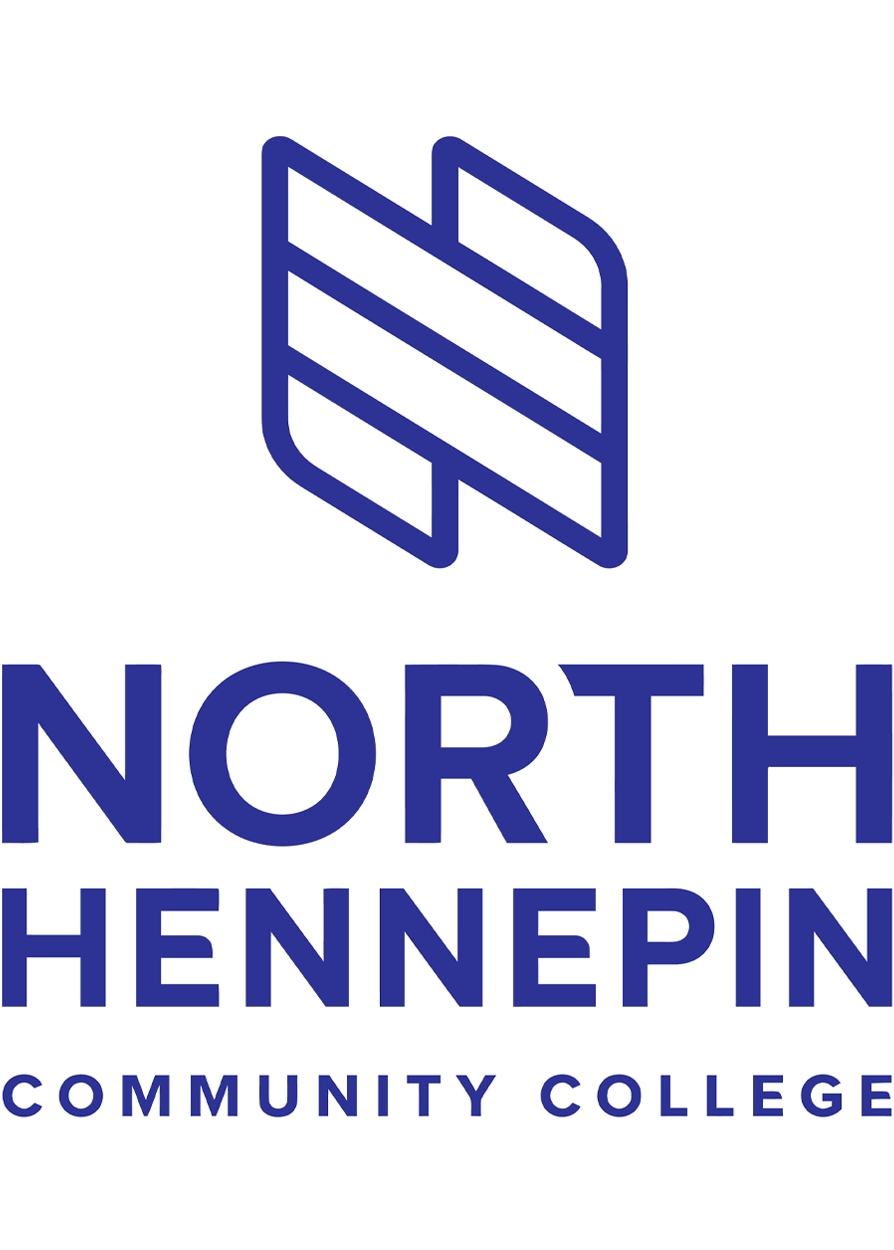If you’re a student looking to boost your earnings and job prospects, earning an online associate in entrepreneurship degree could be the perfect step forward. While a degree isn’t required to start a business, pursuing one equips you with essential business-minded skills, from marketing to financial management.
Positions in this field average $79,050 annually, but many students use this degree as a foundation for further education, providing opportunities for even more lucrative careers. An associate degree can be an excellent way to gain initial experience and begin your journey.
Most programs take around two years to complete, and the average tuition cost is $3,885 per year, making it an affordable entry point into the entrepreneurial world.
Why Trust Us
The Intelligent.com Higher Education Team is dedicated to providing students with independent, equitable school and program rankings and well-researched resources. Our expert-driven articles cover topics related to online colleges and programs, paying for school, and career outlooks. We use data from the U.S. Department of Education’s College Scorecard, the National Center for Education Statistics, and other reputable educational and professional organizations. Our academic advisory team reviews content and verifies accuracy throughout the year for the most current information. Partnerships do not influence rankings or editorial decisions.
- Analyzed over 2,000 national, accredited, and nonprofit colleges and universities
- 800+ rankings pages are reviewed and updated yearly
- Content is informed by reputable sources, surveys, and interviews with academic advisors and other experts
- Over 100 data points are reviewed for accuracy and quality throughout the year, including sources
How we rank schools
Our list features the best online Associate in Entrepreneurship degree programs at top colleges nationwide. Each school featured is a nonprofit, accredited institution — either public or private — with a high standard of academic quality for post-secondary institutions.
We evaluated each school’s program on tuition costs, admission, retention and graduation rates, faculty, reputation, and the student resources provided for online students. We collected data from trusted sources like the National Center for Education Statistics, individual school and program websites, school admissions counselors, and other data sources. Then, we calculated the Intelligent Score on a scale of 0 to 100 based on the following criterion:
Academic Quality:
- Admission rate versus enrollment rate
- Retention rate of students who return after year one
- Accreditation status (regional and programmatic)
- Nonprofit status, both private and public institutions
Graduation Rate
- Overall graduation rate
- Total number of currently enrolled students, including diversity metrics
- Student-to-faculty ratio
Cost and ROI
- In-state and out-of-state per-credit tuition rates and fees
- Required credits to graduate
- Earning potential after graduation
- Availability of federal student loans, scholarships, and other financial aid options
Student Resources
- Available student services for online-only and hybrid programs
- On-campus amenities like tutoring centers and the number of libraries
Read more about our ranking methodology.
Best 30 Accredited Online Associate in Entrepreneurship Programs
FiltersInstitution Type
Status
- Intelligent Score
- Alphabetically By University Name
- Acceptance Rate
- Enrollment
- In-state Graduate Tuition
- Out-of-state Graduate Tuition
- In-state Undergraduate Tuition
- Out-of-state Undergraduate Tuition

University of New Hampshire
Intelligent Score: 99.12In-state: $15,520
Out-of-state: $32,860
In-state: $14,170
Out-of-state: $14,170
SAT: 1090-1280
ACT: 24-30
Resident: $314
Non-Resident: $379
Online, On-Campus
New England Commission on Higher Education
60

Seminole State College of Florida
Intelligent Score: 98.73In-state: $20,782
Out-of-state: $28,096
In-state: NA
Out-of-state: NA
SAT: NA
ACT: NA
Resident: $79
Non-Resident: $315
Online, On-Campus
Southern Association of Colleges and Schools Commission on Colleges
60

Catawba Valley Community College
Intelligent Score: 95.95In-state: $2,608
Out-of-state: $8,368
In-state: NA
Out-of-state: NA
SAT: NA
ACT: NA
Resident: $76
Non-Resident: $268
Online
Southern Association of Colleges and Schools Commission on Colleges
67

Northcentral Technical College
Intelligent Score: 95.87In-state: $18,126
Out-of-state: $19,847
In-state: NA
Out-of-state: NA
SAT: Not Required
ACT: Not Required
In-State: $157
Out-of-State: $230
Online, On-Campus
Accreditation Council for Business Schools and Programs
62-63

Saddleback College
Intelligent Score: 95.76In-state: $27,400
Out-of-state: $36,064
In-state: NA
Out-of-state: NA
SAT: Not Required
ACT: Not Required
Resident: $46
Non-Resident: $365
Online
Accrediting Commission for Community and Junior Colleges
60

Truckee Meadows Community College
Intelligent Score: 95.58In-state: $25,570
Out-of-state: $33,047
In-state: NA
Out-of-state: NA
SAT: 1270
ACT: 26
$101
Online
Northwest Commission on Colleges and Universities
60

SUNY Adirondack
Intelligent Score: 95.49In-state: $7,070
Out-of-state: $16,980
In-state: $11,310
Out-of-state: $11,310
SAT: 860-1060
ACT: N/A
Resident: $222
Non-Resident: $333
Online
Middle States Commission on Higher Education
62

University of Alaska Fairbanks
Intelligent Score: 94.50In-state: $27,590
Out-of-state: $44,590
In-state: $29,182
Out-of-state: $29,182
SAT: 1110-1360
ACT: 17-27
In-State: $234
Out-of-State: $800
Online, On-Campus, Hybrid
Association to Advance Collegiate Schools of Business
60

Fox Valley Technical College
Intelligent Score: 92.62In-state: $19,164
Out-of-state: $21,315
In-state: NA
Out-of-state: NA
SAT: 450 or higher
ACT: 18 or higher
In-State: $149
Out-of-State: $224
Online, On-Campus, Hybrid
Higher Learning Commission
61

Central Wyoming College
Intelligent Score: 91.94In-state: $18,142
Out-of-state: $24,442
In-state: NA
Out-of-state: NA
SAT: 800 - 1110
ACT: 17 - 22
In-State: $105
Out-of-State: $315
Online
Higher Learning Commission
60

Schoolcraft College
Intelligent Score: 91.54In-state: $3,854
Out-of-state: $7,070
In-state: NA
Out-of-state: NA
SAT: NA
ACT: NA
Resident: $135
Non-Resident: $194 - $268
Online
Higher Learning Commission
61-71

Moraine Park Technical College
Intelligent Score: 90.80In-state: $18,976
Out-of-state: $21,128
In-state: NA
Out-of-state: NA
SAT: N/A
ACT: N/A
Resident: $188
Non-Resident: $283
Online, On- Campus
Higher Learning Commission
64

Rockland Community College
Intelligent Score: 89.74In-state: $6,340
Out-of-state: $11,332
In-state: NA
Out-of-state: NA
SAT: NA
ACT: NA
$228
Online, On-Campus, Hybrid
Middle States Commission on Higher Education
63-64

Forsyth Technical Community College
Intelligent Score: 89.41In-state: $18,889
Out-of-state: $23,905
In-state: NA
Out-of-state: NA
SAT: N/A
ACT: N/A
In-State: $76
Out-of-State: $268
Online, On-Campus, Hybrid
Southern Association of Colleges and Schools Commission on Colleges
72

Casper College
Intelligent Score: 89.04In-state: $15,868
Out-of-state: $20,908
In-state: NA
Out-of-state: NA
SAT: N/A
ACT: N/A
In-State: $147
Out-of-State: $357
Online, Hybrid
Higher Learning Commission
61

College of Southern Idaho
Intelligent Score: 86.68In-state: $15,950
Out-of-state: $18,230
In-state: NA
Out-of-state: NA
SAT: N/A
ACT: N/A
In-State: $140
Out-of-State: $285
Online
Northwest Commission on Colleges and Universities
60

Hudson Valley Community College
Intelligent Score: 86.03In-state: $22,518
Out-of-state: $27,318
In-state: NA
Out-of-state: NA
SAT: N/A
ACT: N/A
Resident: $211
Non-Resident: $422
Online, On-Campus, Hybrid
Middle States Commission on Higher Education
63

North Hennepin Community College
Intelligent Score: 84.25In-state: $20,114
Out-of-state: $20,114
In-state: NA
Out-of-state: NA
SAT: N/A
ACT: N/A
$220
Online, On-Campus, Hybrid
Higher Learning Commission
60
How to Choose an Online Associate in Entrepreneurship Program
Choose your area of study
Entrepreneurship is already a niche field, but you can further narrow your focus to align your studies with your specific career goals. This helps guarantee that you receive the skills needed for success in your future profession. When making this decision, consider the following questions:
- What industry am I most enthusiastic about?
- Do I prefer product-based or service-based businesses?
- Am I interested in local or global markets?
Potential focus areas may include tech startups, ideal for those aiming to innovate in the tech industry; social entrepreneurship, best for students passionate about creating social impact; or retail and e-commerce, suited for those interested in online or brick-and-mortar sales.
Research schools and programs
With an area of study in mind, you can leverage this to discover schools that align with your interests. Look for programs offering courses or specializations in your chosen field, reviewing things like faculty profiles and resources that support your goals.
Some other things to consider include:
- What kind of support services are available for online students?
- What are the program’s graduation and job placement rates?
- Does the program offer courses in my specific area of interest?
Most of this information will be readily available on program websites, but you’ll also benefit from contacting an admissions counselor or attending a virtual open house.
Prepare for tests and applications
Once you have a shortlist of schools, it’s time to turn your attention to test and application prep. Start by requesting letters of recommendation and transcripts well in advance to ensure they’re ready to submit when the time comes. Begin drafting your personal statement or essay responses, focusing on why you’re passionate about entrepreneurship and how the program aligns with your goals.
If standardized test scores are required, consider enrolling in SAT or ACT prep programs to boost your performance.
Select your program
When acceptance letters arrive, you may have a big decision to make. Take some time to revisit your initial criteria, focusing on what matters most to you — whether it’s specific courses, faculty you’re excited to learn from, or support services for online learners.
This is also the perfect time to reassess the total cost of attendance. Compare each program’s expenses with any financial aid offers, paying close attention to scholarships and grants, as these are essentially free money.
Balancing your educational goals with financial considerations will help you choose the program that offers the best overall value and aligns with your professional goal.
Determine how you’ll pay for your degree
Paying for your degree can feel daunting, but many financial aid resources are available to help. Start by filing the FAFSA to determine your eligibility for federal aid, and consider applying for both institutional and external scholarships and grants, which don’t require repayment.
If you’re seeking part-time work, work-study programs can offer resume-boosting part-time employment while providing extra funds for educational expenses. Those currently employed in a related field should ask their employer about tuition reimbursement opportunities.
Federal loans can be used as a last resort to bridge financial gaps, but borrow only what you need to minimize future debt.
What Can You Expect From an Online Associate in Entrepreneurship Program?
An online associate in entrepreneurship degree offers a dynamic, flexible learning experience designed to ignite creativity and versatility. As a student, you can expect to delve into core business principles while exploring innovative strategies for launching and managing your ventures. Curriculums often include courses in marketing, finance, business law, and digital tools tailored to foster an entrepreneurial mindset.
Many programs feature a capstone course where you can apply your knowledge to real-world projects, creating a resume-boosting professional portfolio that clearly illustrates your skills. With many students completing this degree in just two years with full-time study, these programs offer a quick route to kickstarting your career in entrepreneurship.
Potential courses you’ll take in an online associate in entrepreneurship program
- Principles of Entrepreneurship: This foundational course introduces students to the basics of entrepreneurship, covering starting and managing a business. Students will learn to identify opportunities, assess risks, and develop business plans.
- Small Business Management: Typically a core requirement, this course teaches students the day-to-day operations of running a small business — including managing finances, marketing, and customer relations. It emphasizes practical skills for sustaining and growing a business.
- Business Law and Ethics: Students will gain an understanding of the legal environment of business, including contracts, intellectual property, and ethical considerations. This upper-level core requirement prepares learners to navigate legal challenges in entrepreneurship.
- Digital Marketing Strategies: This upper-level elective teaches students how to leverage online platforms to market their businesses. They will learn about social media marketing, search engine optimization, and content creation to attract and retain customers in a digital age.
- E-commerce and Online Business: This elective focuses on strategies for launching and managing an online business. Participants will learn about e-commerce platforms, digital payment systems, and how to optimize online sales channels.
Online Associate in Entrepreneurship Degree Frequently Asked Questions
How do I apply to an online associate in entrepreneurship degree program?
While some programs may have specific admission requirements, many share the same standard criteria — including:
- An online application form
- Official high school transcripts or GED equivalent
- Personal statement or essay
- Letters of recommendation
- SAT or ACT scores, if required
Don’t hesitate to contact an admissions counselor before applying. They can offer further guidance and ensure a smooth application process.
How much does an online associate in entrepreneurship degree cost?
The average annual tuition for two-year postsecondary institutions is $3,885. However, this figure can vary based on factors like whether the institution is public or private and your residency status — with out-of-state students often paying higher tuition.
Additionally, you’ll want to budget for extra costs like technology fees, course materials, and textbooks. These expenses can add up over time, so researching and planning are essential before enrolling.
How long does it take to earn an online associate in entrepreneurship degree?
This degree takes about two years for full-time students, while part-time learners often take three to four years. The choice between full- and part-time enrollment usually depends on your schedule and goals. Full-time enrollment may be a good fit for those with more time to devote to their studies. Meanwhile, students balancing their educational pursuits with a full-time job might opt for part-time enrollment.
It’s essential to assess the total number of required credits for graduation, as this directly impacts how quickly you can complete your degree.

